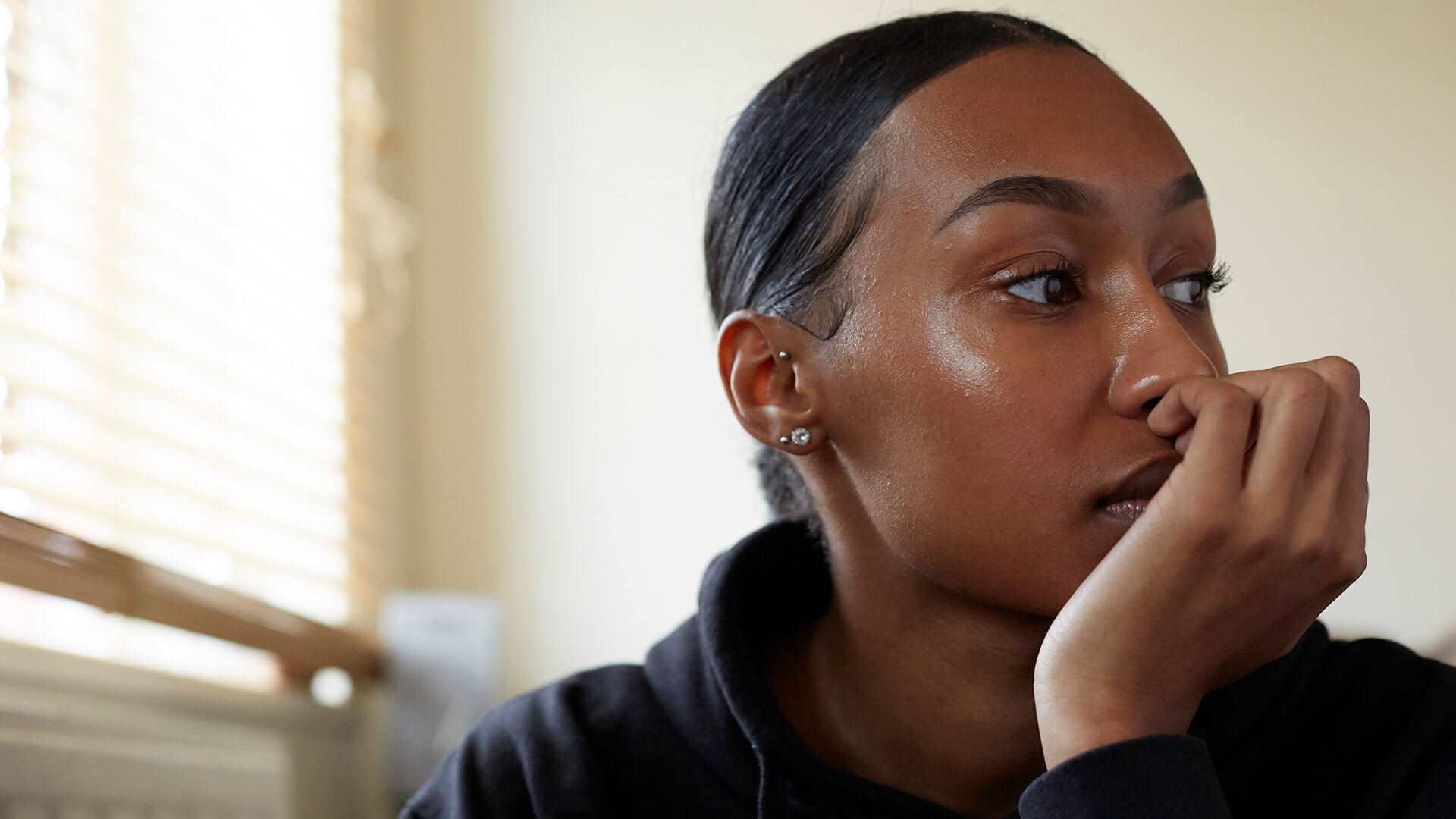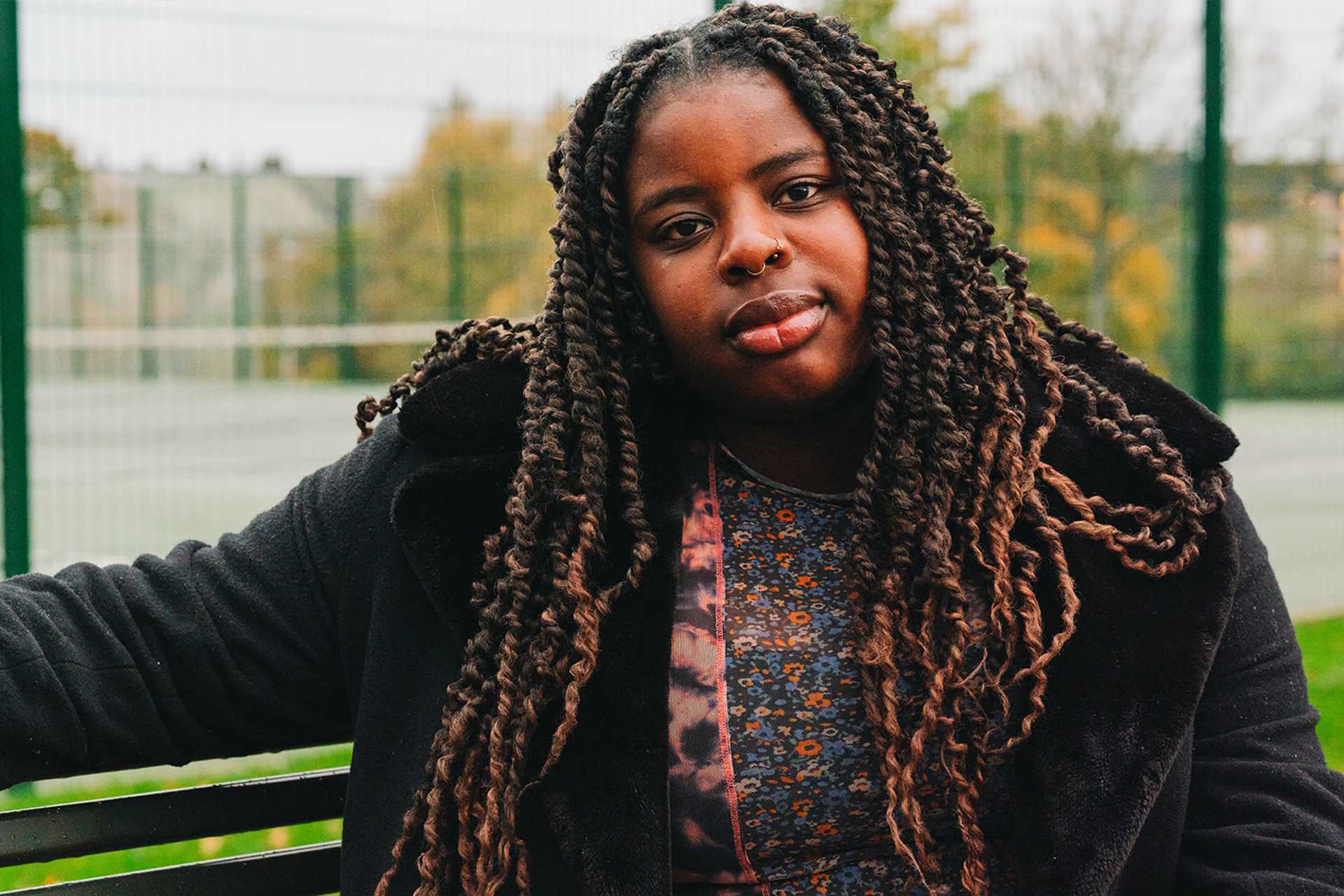Topics mentioned: anxiety, sleep problems, self-esteem
About: Many of us feel shame about struggling with our mental health, but there's nothing to be ashamed about. Maddy shares how shame has impacted her.
Living with shame, regardless of its origin, can be really alienating. Navigating all of its complexities is like trying on a thousand different versions of yourself, but none feel right.
For me, shame was a product of anxiety and my ability to cope with it. When I was first diagnosed with chronic onset insomnia and generalised anxiety, shame enveloped me like a cloak. This shame affected those I loved, my job, my daily function and purpose. I was ashamed that I felt snowed under by the weight of expectation, and was unable to just swallow and get over it. I felt shame around surrendering my freedom.
Shame can feel like such a destructive emotion.
When I was first diagnosed with chronic onset insomnia and generalised anxiety, shame enveloped me like a cloak.
To suddenly have a label to what I was experiencing felt scary; I was worried it would get out and I would have to spend my life being the anxious person. I worried that this label would hold be back and that everything else I had achieved would become a secondary thought.
I yearned to be ‘normal’, to conceal this part of me which felt shameful and confusing, like makeup over a blemish. I now know that this is not true and that I was only holding back my own recovery, but at the time the shame was very real. I didn't know anyone who had anxiety. To me it was a death sentence. All I could do was close my eyes and wish it all away.
I yearned to be ‘normal’, to conceal this part of me which felt shameful and confusing, like makeup over a blemish.
Then came the shame surrounding therapy. In my head, therapy was for people who had experienced immense trauma, or for people who just liked the sound of their own voice. By internalising this sense of shame, I was always anticipating the judgement of others, which made me feel on edge.
Mental health issues are still widely misunderstood, and sometimes even romanticised. But a mental illness is not a quirky accessory or a personality trait. Someone I went on a date with once told me I had ‘baggage’. That sort of talk does little to bring walls down.
The language we use matters. Use of words like ‘psycho’ or ‘mental’ create a culture of shame around mental health conditions. I interpreted every interaction with others through this lens of shame, which impacted my view of myself and left me feeling much worse.
The language we use matters. Use of words like ‘psycho’ or ‘mental’ create a culture of shame around mental health conditions.
Things you can't change
The more I spoke about my anxiety, the easier it became. Shame initially came, but then it passed and I had survived. And I felt lighter.
I realised I couldn't live my life limited by fear. You can't change your circumstances, but you can change how you respond to them. In other aspects of life, I have disgraced and shamed myself so many times I've become immune to it (I enjoy messing around and making others laugh). But something about it being about my mental health made this feel different.
I realised I couldn't live my life limited by fear.
However, I’ve come to see that people are more accepting than you would give them credit for. Recognising this has helped me to stop letting shame and guilt get the better of me.
This doesn't mean I don't stumble at times or fall prey to imposter syndrome. But now I feel like I have come out the other side and feelings of shame no longer get the better of me, which has created an infinite amount of possibilities and pleasures. So, if others make you feel like you have something to be ashamed of, remember it’s not their life to live. It’s yours. So, live it however you see fit, and the rest will follow.
More information and advice
We have tips and advice to help you find the support you need. Take a look at our guides.
Where to get help
However you're feeling, there are people who can help you if you are struggling. Here are some services that can support you.
-
Youth Access
Provides information about local counselling and advice services for young people aged 11-25.
Put in your location and what you need help with into their 'Find help' search, and see what services are available in your area.
-
Shout
Text SHOUT to 85258.
Shout provides free, 24/7 text support for young people across the UK experiencing a mental health crisis.
All texts are answered by trained volunteers, with support from experienced clinical supervisors.
Texts are free from EE, O2, Vodafone, 3, Virgin Mobile, BT Mobile, GiffGaff, Tesco Mobile and Telecom Plus.
Texts can be anonymous, but if the volunteer believes you are at immediate risk of harm, they may share your details with people who can provide support.
- Opening times:
- 24/7






